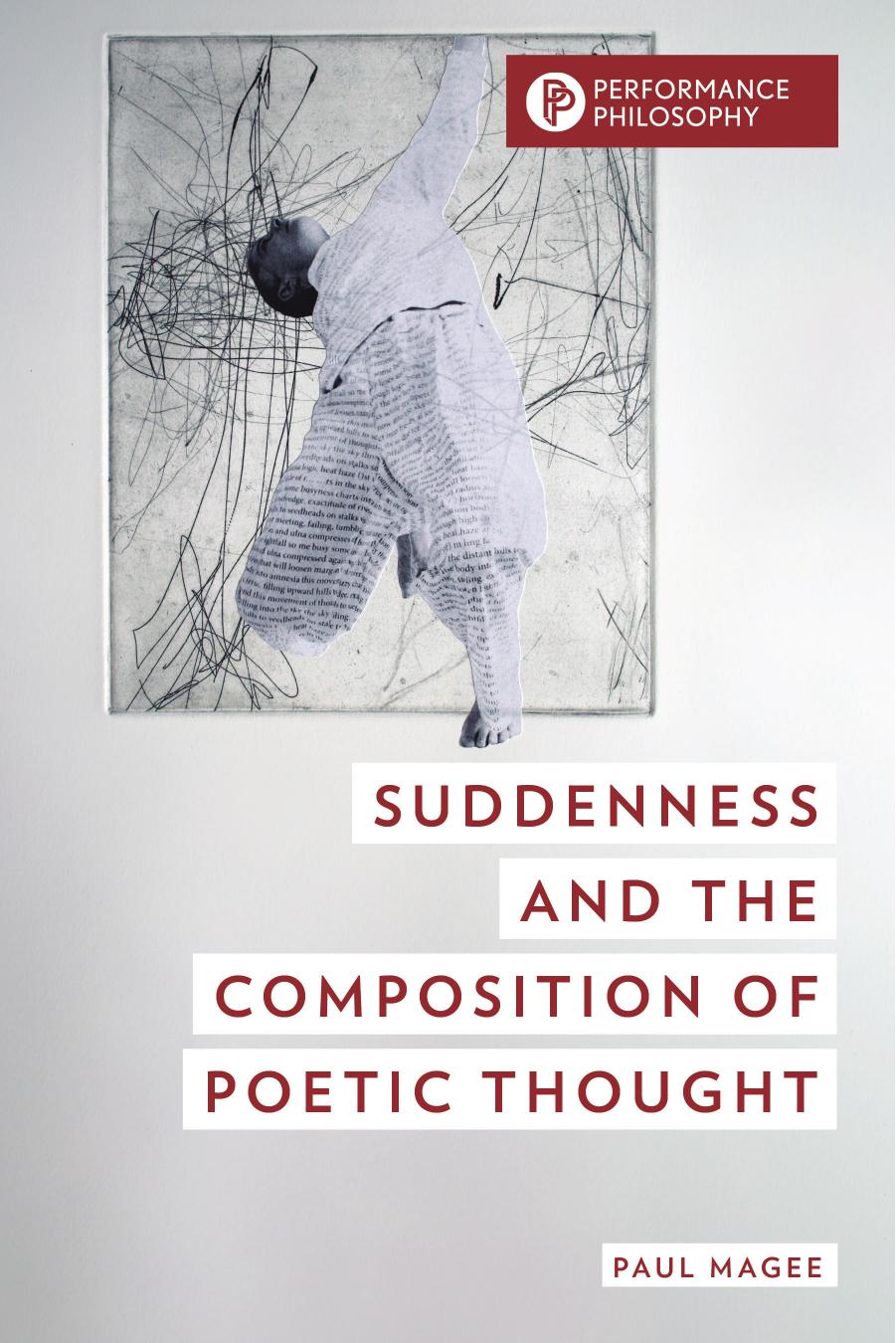Suddenness and the Composition of Poetic Thought by Paul Magee

Author:Paul Magee [Magee, Paul]
Language: eng
Format: epub, pdf
ISBN: 9781538153536
Publisher: RowmanLittlefield
Published: 2022-02-27T00:00:00+00:00
(7a)
AtreidÄs te anax andrÅn
Atreusâs son, lord of men,
(7b)
kai dios Achilleus
and godlike Achilleus
But Homer also has at his disposal the above-noted de (it elides to dâ before a vowel, and always comes as second item in the phrase). de does service in Homeric (but not later) Greek for this other and meaning that we have started to unpack, the colloquial one that indicates the start of another step in the speakerâs discourse, as they move through a succession of ideas. English speakers, in contrast, use one and the same word for both functions.58
The words are differently calibrated across the two languages, but it is important to realise that the English and in the second of these meanings actually presents a very accurate, that is functionally equivalent, translation of Homerâs de. The reason a functional equivalent for that Homeric usage of de can be found in a language as far removed in time and space as modern English is highly revealing, and has to do with the cognitive constraints touched upon above. There are limits on how much we can process in any given moment of real-time speech production, and this is an issue with which all spoken languages have to contend. Hence the relative translatability that pertains to the Homeric de, our colloquial and, and their equivalents in other tongues. We find ourselves constantly in a position, whatever the language, where the most convenient way to connect the next chunk of thought is with a conjunction equivalent to âand the next thing I have to say isâ. In Bakkerâs words, such an and âserves the purpose of continuation: it signals that âmore is to come,â that the unit in question is part of a chain of ideas verbalized. In short, the passage is a process rather than a product, a written textâ.59
The speakerâs description of this motorcycle incident comprises, in sum, âa series of short speech units that are more or less loosely connected syntacticallyâ. It is, in this regard, strikingly similar to lines 1â7 of Book 1, Homerâs famous âfirst sentenceâ. The transcript, just like Homerâs text, evidences a speaking in the moment. Both composers â the one a Greek poet from something like the Archaic period, the other a twentieth-century North American conversationalist â are finding their words in the very act of saying them. For the Iliad and The Odyssey are like linguistic transcripts of conversational speech. Or at least, they are much closer to that, than to âto a written text as we conceive of itâ.60 So Bakker demonstrates his contention that the Homeric poet was composing his far from ânaïveâ work in real-time, just as it came to his lips.
Actually, Bakker has a further point to make about this so revealing little word and, a point with significant bearing on the question of whether a real-time poetic thinking is at all possible. It emerges from his discussion of one of the androktasÃa, or âman-to-man slayingâ, scenes that bestrew The Iliad, which is of course a poem about rage, violence and pity, as much as a document of how speech emerges in the living moment.
Download
Suddenness and the Composition of Poetic Thought by Paul Magee.pdf
This site does not store any files on its server. We only index and link to content provided by other sites. Please contact the content providers to delete copyright contents if any and email us, we'll remove relevant links or contents immediately.
The Power of Myth by Joseph Campbell & Bill Moyers(1068)
A Social History of the Media by Peter Burke & Peter Burke(988)
Half Moon Bay by Jonathan Kellerman & Jesse Kellerman(987)
Inseparable by Emma Donoghue(983)
The Nets of Modernism: Henry James, Virginia Woolf, James Joyce, and Sigmund Freud by Maud Ellmann(914)
The Spike by Mark Humphries;(812)
The Complete Correspondence 1928-1940 by Theodor W. Adorno & Walter Benjamin(789)
A Theory of Narrative Drawing by Simon Grennan(783)
Culture by Terry Eagleton(776)
Ideology by Eagleton Terry;(743)
World Philology by(719)
Farnsworth's Classical English Rhetoric by Ward Farnsworth(718)
Game of Thrones and Philosophy by William Irwin(712)
Bodies from the Library 3 by Tony Medawar(709)
High Albania by M. Edith Durham(705)
Adam Smith by Jonathan Conlin(695)
A Reader’s Companion to J. D. Salinger’s The Catcher in the Rye by Peter Beidler(689)
Monkey King by Wu Cheng'en(654)
Comic Genius: Portraits of Funny People by(653)
